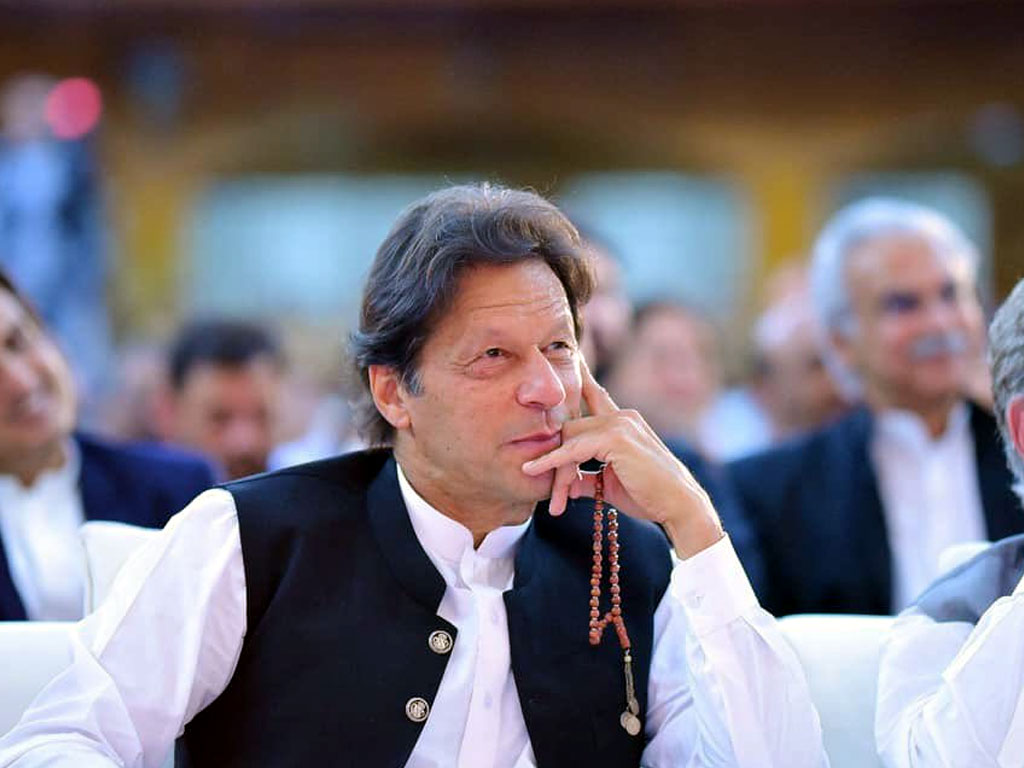The assertion made by Mohammad Khan Sherani regarding the ownership and allegiance of our institutions carries profound implications for the sovereignty and autonomy of our nation. His statement, which posits that our institutions are not truly ours but rather subsidiaries of the United States, challenges the conventional understanding of governance and institutional authority. In this article, we delve into the implications of Sherani’s remarks, examining the complex interplay between national sovereignty, international influence, and institutional integrity.
Sherani’s assertion underscores a fundamental truth: the pervasive influence of external forces on our institutional framework. While we may perceive our institutions as embodiments of national sovereignty and autonomy, their entanglement with international actors, particularly the United States, reveals a more nuanced reality. From political alliances to economic dependencies, our institutions often find themselves beholden to external interests, undermining their capacity to act independently in the service of our nation and its citizens.
Furthermore, Sherani’s characterization of our establishment as part of the international establishment highlights the interconnected nature of global governance structures. In an increasingly interdependent world, the actions and decisions of our institutions are not isolated but interconnected with broader international agendas and alliances. This integration into the international establishment raises pertinent questions about the extent to which our nation retains control over its governance and policymaking processes.
Central to Sherani’s assertion is the notion that our institutions are not primarily oriented towards serving our security or interests. Instead, they are perceived as instruments through which external powers exert influence and advance their own agendas. This raises concerns about the alignment of institutional priorities with the welfare and security of our nation, highlighting the imperative for greater scrutiny and accountability in institutional decision-making processes.
However, amidst these challenges, Sherani acknowledges a crucial truth: the people within these institutions ultimately belong to us, the citizens. Despite the external pressures and influences that may shape institutional actions, it is the individuals working within these institutions who are entrusted with the responsibility to serve and protect the interests of our nation and its people. This recognition underscores the importance of fostering a sense of ownership and accountability among institutional actors, ensuring that they remain responsive to the needs and aspirations of the citizenry.
In conclusion, Mohammad Khan Sherani’s remarks serve as a stark reminder of the complexities inherent in governance and institutional authority. His assertion challenges us to critically examine the dynamics of power and influence shaping our institutional framework, while also reaffirming the centrality of the people in determining the course of our nation’s destiny. Moving forward, it is imperative that we remain vigilant in safeguarding our sovereignty and holding our institutions accountable to the principles of democracy, transparency, and national interest. Only then can we ensure that our institutions truly serve the needs and aspirations of the people they are meant to represent.
YOU MAY LIKE :

Saudi-Pakistan Economic Partnership: A Vision for Billions in Investments

